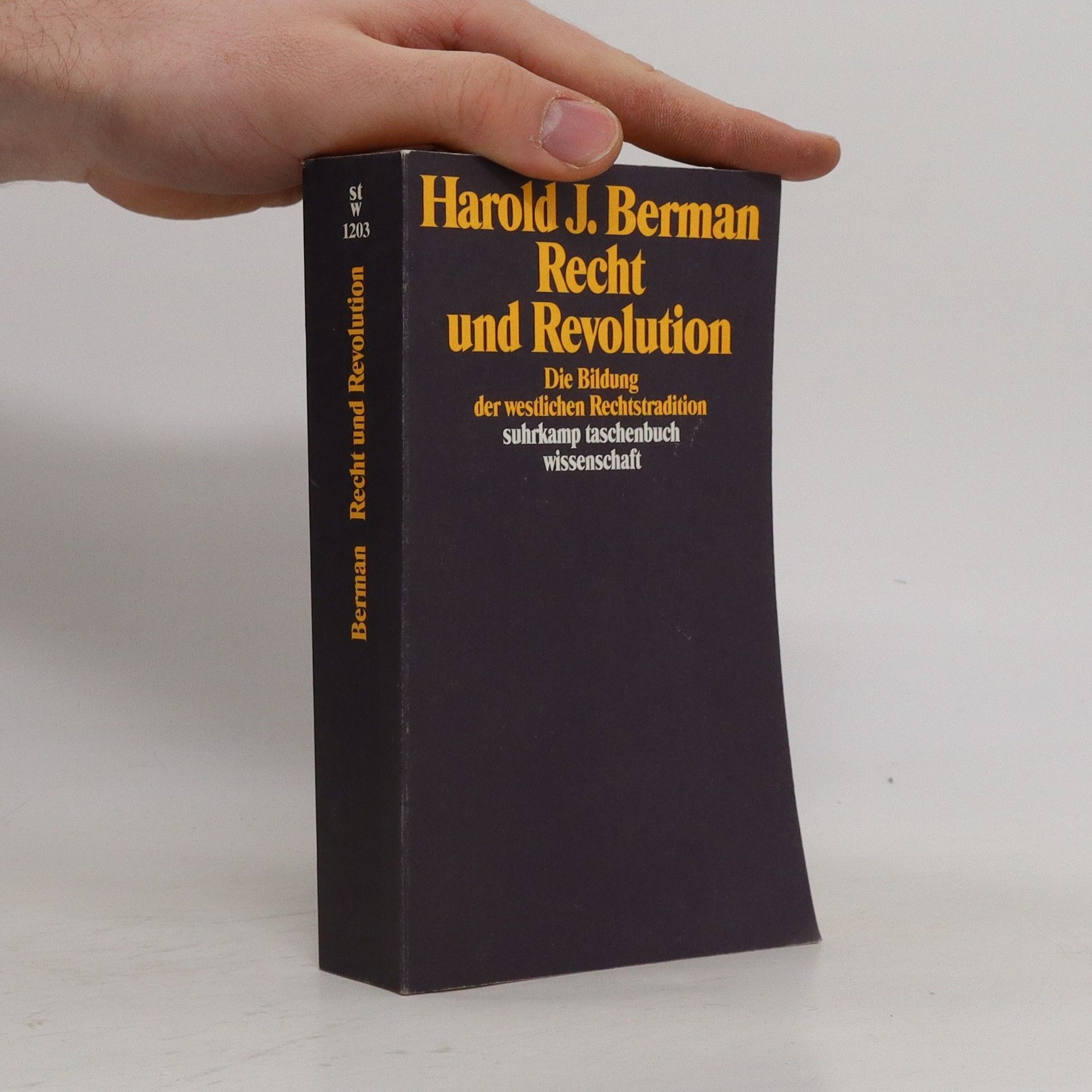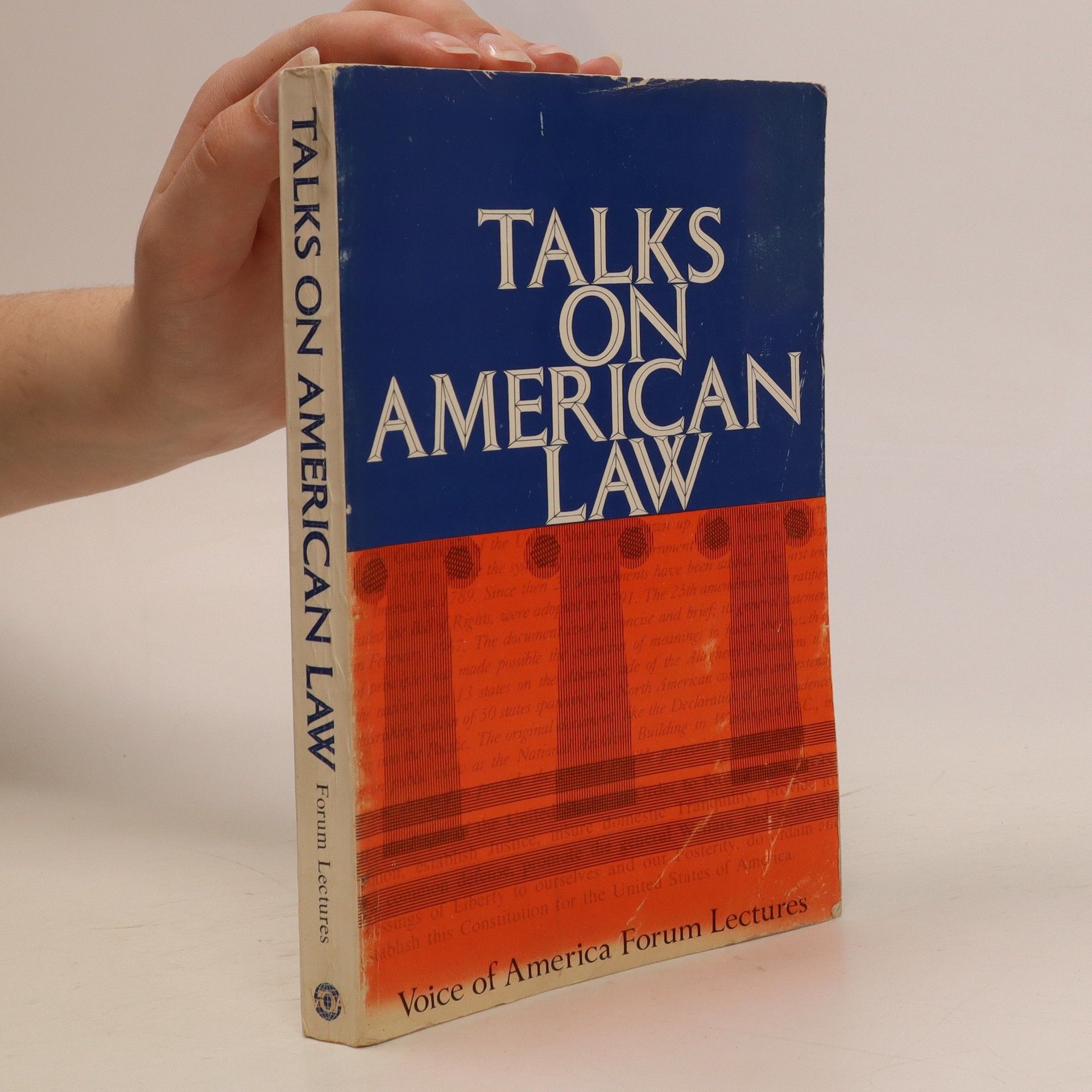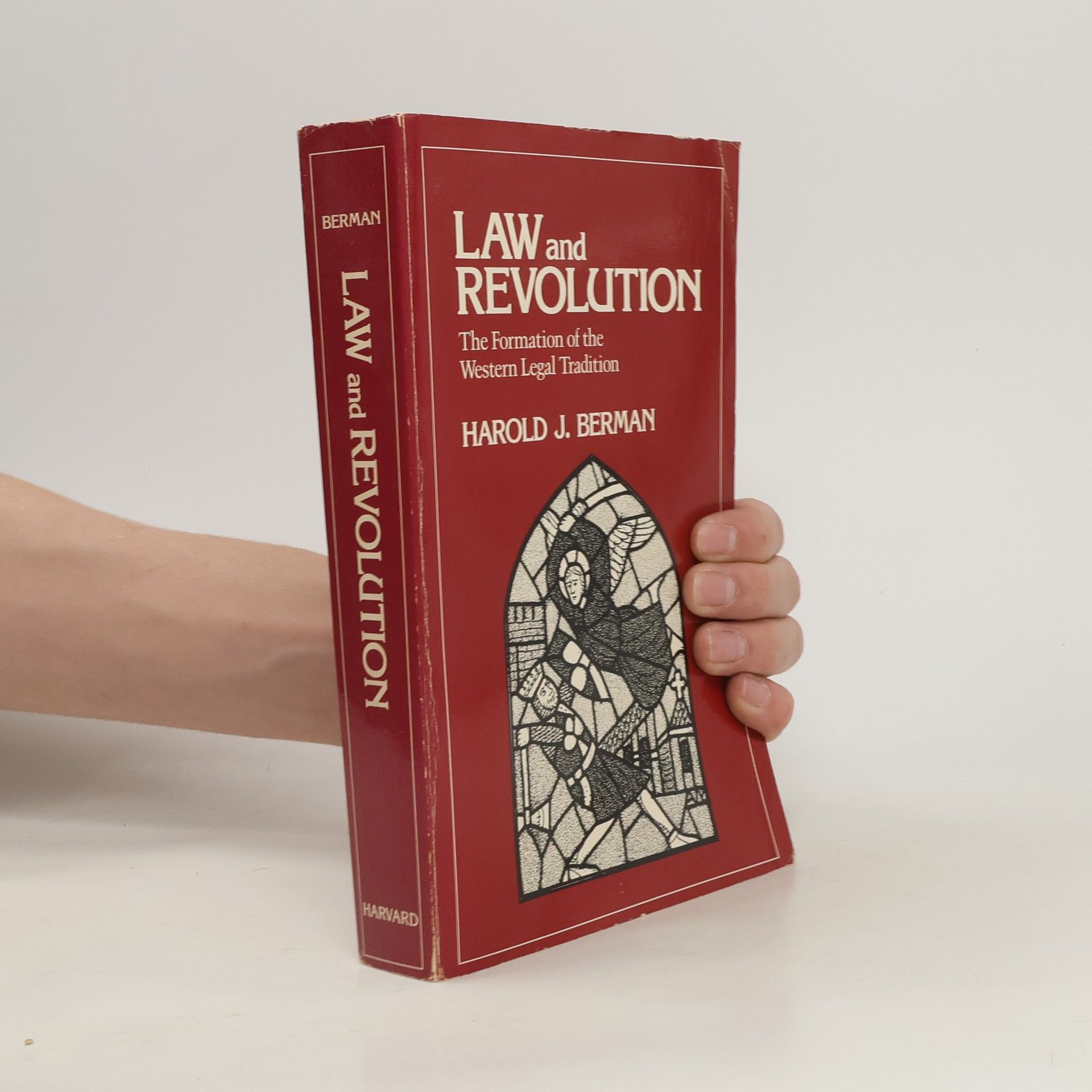The roots of modern Western legal institutions and concepts go back nine centuries to the papal revolution, when the Western church established its political and legal unity and its independence from emperors, kings, and feudal lords. Out of this upheaval came the Western idea of integrated legal systems developed over generations and centuries.
Harold Joseph Berman Livres
Harold J. Berman a été professeur de droit Ames à la Harvard Law School et à l'Emory University pendant plus de soixante ans. Il était expert en droit comparé, international et russe, ainsi qu'en histoire et philosophie du droit, et à l'intersection du droit et de la religion. Ses connaissances approfondies et sa profonde contemplation de la nature du droit ont laissé une marque indélébile dans la pensée juridique.




Solzhenitsyn at Harvard
The Address, Twelve Early Responses, Six Later Reflections
- 143pages
- 6 heures de lecture
When Aleksandr Solzhenitsyn gave the commencement address at Harvard University in 1978, many Americans expected to hear their country praised by this celebrated refugee from a totalitarian state. Instead they heard some sharply critical views of their legal system, their press, their popular culture, and even their national will. The forthright and controversial speech makes up Part One of this book. A sampling of the avalanche of comment that followed it is included in Part Two. In Part Three, six thoughtful scholars reflect on the ideas and judgments expressed by the great Russian writer.